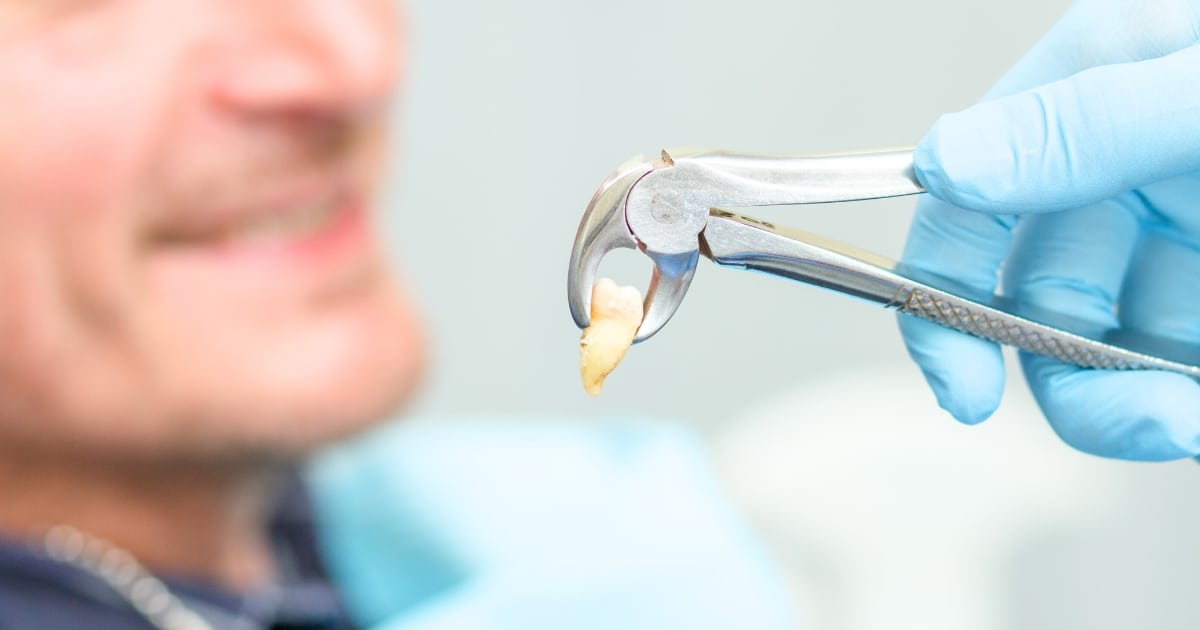Published on April 17, 2025

Is your permanent tooth loose or wiggly? You might start worrying about your oral health and complete total tooth loss. Don’t panic too much since this issue is much more common than you might think. Many adults suddenly find that their tooth is wiggling. This can be caused by trauma or existing oral problems.
Read this blog to find out how to handle this specific situation and how timely action will allow you to save your tooth.
Why Do Adult Teeth Get Wiggly?
Here are some of the reasons why your adult teeth might feel a bit wiggly:
- Plaque can cause swelling, which damages the bone and tissue that hold your teeth in place.
- A blow to your mouth due to sports, accidents, or while biting something hard might loosen your tooth.
- Grinding or clenching your teeth can erode the supporting structures, compromising the stability of your teeth.
- Diabetes and osteoporosis compromise your bone health, making teeth more vulnerable to decay and loss.
- Lack of flossing or brushing too quickly allows bacteria to multiply. They attack your teeth’s stability.
Steps You Should Take First
Here are a few things that you can do to safeguard your loose tooth before visiting a dentist:
- Don’t wiggle your loose tooth. Too much movement will further worsen your condtion.
- Steer clear of hard and sticky foods. Eat soft food and chew on the opposite side of the healthy tooth.
- Brush and floss. However, perform these actions very gently to prevent damaging the affected area.
- Rinse your mouth with warm salt water to calm down your swollen gums and destroy any oral bacteria.
- Avoid using dental glue or any other such material to hold the tooth in position. It will do you more harm than good.
How Can Dentists Help?
Dentists are equipped and trained to deal with emergencies such as a loose adult tooth. Here are some treatment procedures that a dental professional might use:
- Deep Cleaning (Scaling and Root Planing): This procedure eliminates tartar and plaque below the gumline, allowing your gums to reattach.
- Splinting: They can bond the loose tooth to the adjacent teeth for stability during the healing process.
- Bite Adjustment: Has teeth grinding or misalignment loosened your teeth? The professionals can offer orthodontic treatment or nightguards.
- Surgical Solutions: In more severe cases, surgeries can be performed to save your lost tissues and bones.
What Happens If You Ignore It?
Do you think ignoring a wiggling adult tooth will solve your problem?. It will only worsen your condition with time. Here is what can happen:
- Tooth Loss: The most obvious risk is that your loose tooth will fall out, or you may need to have it completely removed.
- Spread of Infection: If your tooth is unstable because of gum disease, then the infection may spread to your other healthy teeth if it is not treated promptly.
- Simpler Procedures: You may require simpler treatments in the early stages. When your condition deteriorates, you may need more complex treatments.
A loose tooth in adulthood is an indicator that your oral health needs care and attention. If you take action in time, maintain good oral hygiene, and cooperate fully with the dentist, you can usually protect your tooth and your overall health. Teeth are not supposed to shift after you have already grown your permanent teeth.
Do your adult teeth feel loose or sensitive? Book an appointment today to have yourself examined.
